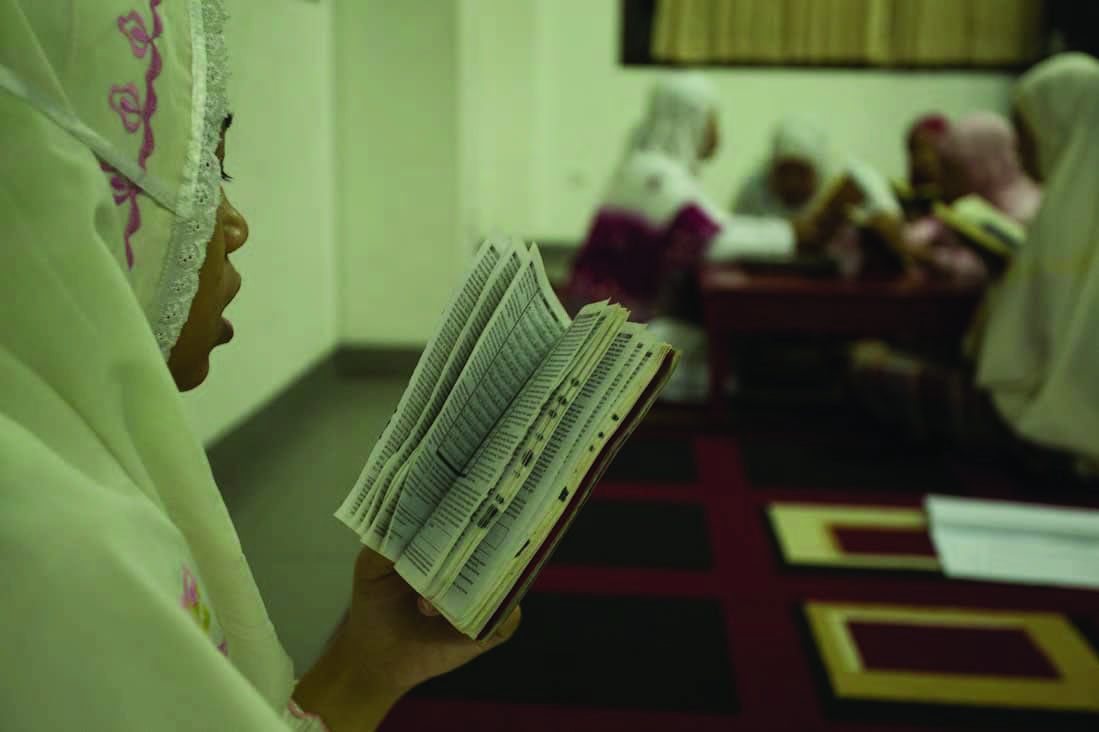
The pandemic has given female Islamic authorities (ulama perempuan) and female religious organizations in Indonesia an opportunity to stand out by developing creative ways of addressing gendered aspects of the crisis, write Mirjam Künkler (Swedish Collegium for Advanced Study) and Eva F. Nisa (Australian National University) in the Spring 2021 issue of The Newsletter of the International Institute for Asian Studies (IIAS).

Source: Aid to the Church in Need.
Female representatives of several Muslim organizations have been asked to serve on the national Covid-19 task force and have advocated on issues affecting women. These leaders have paid special attention to the vulnerability of women and girls facing both domestic violence and economic hardship. With the support of female Islamic organizations, they have been eager to provide spiritual and sanitary guidance (informational programs) as well as practical support (e.g., supplying face masks and hand sanitizers, fundraising for those in need, and launching a telephone hotline through the young women’s wing of Nahdlatul Ulama, a major Muslim organization).
As everywhere, digital media has become a key communication tool for that work. The authors mention virtual Islamic study gatherings “during which topics are presented through the lens of Islamic gender justice.” There have also been campaigns for boosting people’s confidence “by heeding medical protocols and maintaining spirituality through the recitation of prayers.” Moreover, female Islamic leaders and organizations have been active in countering false claims about the disease and have mobilized herbal medicine sellers in remote areas to circulate information on hygiene among poor groups with little access to commercial medicine.
(International Institute for Asian Studies Newsletter, https://www.iias.asia/the-newsletter)